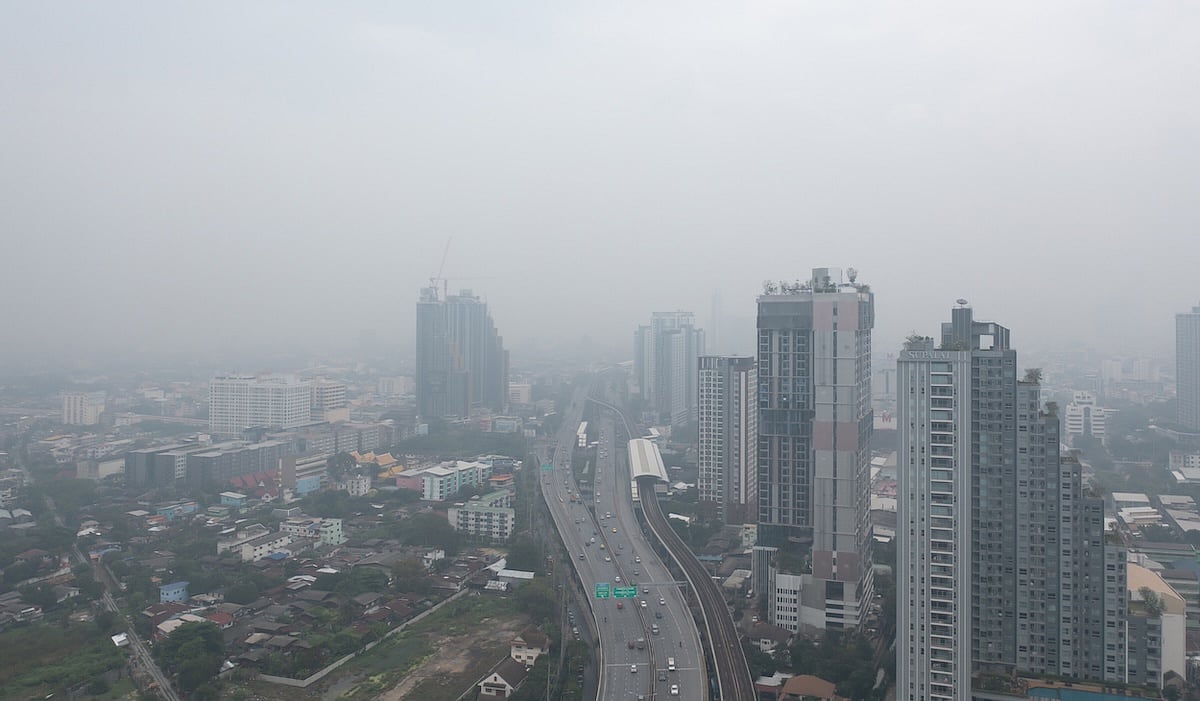Manténgase sano!

- Posted September 25, 2025
Kids’ Eyes Getting Worse? Air Pollution May Be to Blame
Air pollution is known to raise the risk of heart disease, strokes and breathing problems, but new research suggests it may also harm something else: kids’ vision.
In a study of nearly 30,000 schoolchildren in Tianjin, China, researchers found that kids exposed to higher levels of fine particulate matter (PM2.5) and nitrogen dioxide (NO2) were more likely to develop myopia.
Also known as nearsightedness or shortsightedness, myopia causes distant objects to appear blurry while close ones appear clear.
"We showed that air pollution contributes to myopia development in children," study co-author Zongbo Shi, a professor of atmospheric biogeochemistry at the University of Birmingham in the U.K., told The Washington Post.
"What this means," he said, "Is that if their exposure to air pollution is high, the risk to become shortsighted is higher."
The findings were published Sept. 23 in the journal PNAS Nexus.
The research combined genetic, lifestyle and environmental data using a machine-learning model. While genetics were the strongest factor in whether a child developed vision problems, air quality also played an important role.
Children living in areas with cleaner air tended to have better vision, the study found. In fact, when researchers created “clean air” scenarios, primary schoolers saw almost double the vision improvement compared with older students.
What's more, lifestyle also mattered: Lack of sleep and long hours of screen time increased the risk of poor eyesight, researchers said.
“There are factors that you cannot change,” Shi explained. “But you can change habits. You can reduce air pollution so that would improve eyesight.”
While some experts noted the findings raise important questions, others remained cautious.
For example, past research has shown that spending more time outdoors can reduce the risk of myopia. But in this study, outdoor time appeared to be one of the least important factors.
“I worry about this unconventional approach giving us an unconventional answer,” Dr. Donald Mutti, an optometry professor at Ohio State University who was not involved with the study, told The Post.
Still, the results add to a growing body of evidence linking air pollution to vision problems. Other studies have also suggested pollution can worsen eye inflammation and contribute to the progression of myopia in kids.
Researchers say reducing pollution exposure can help protect a child's eyesight.
“Improving air quality will not only benefit or reduce disease burden, but it can also improve eye health,” Shi said. “Reducing exposure is the key.”
More information
The American Academy of Ophthalmology has more on myopia.
SOURCE: The Washington Post, Sept. 24, 2025







